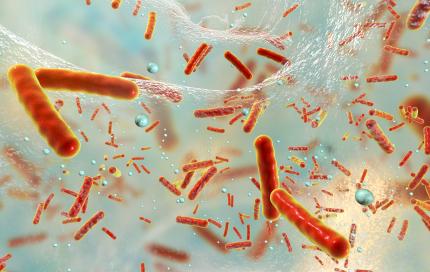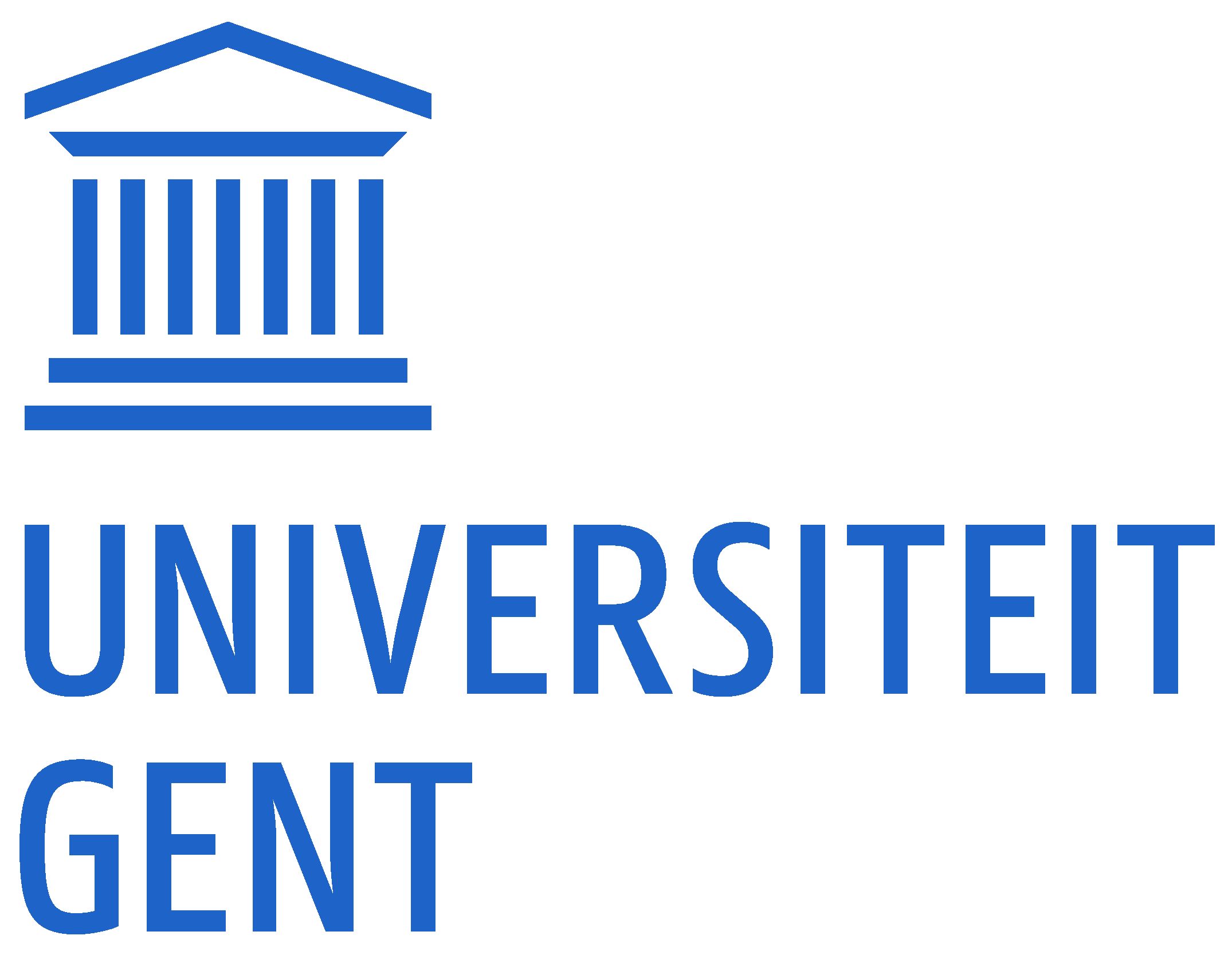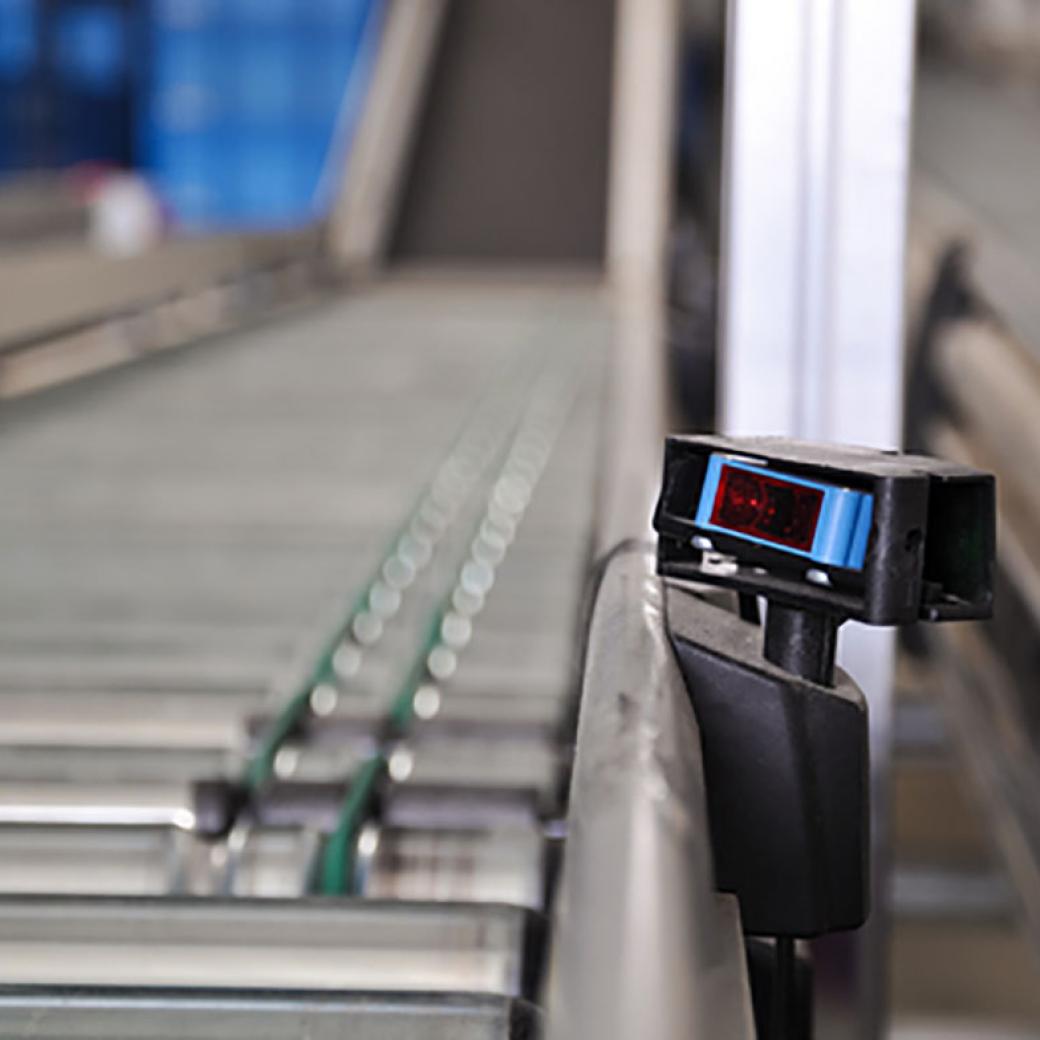Q-DNA
With support of:

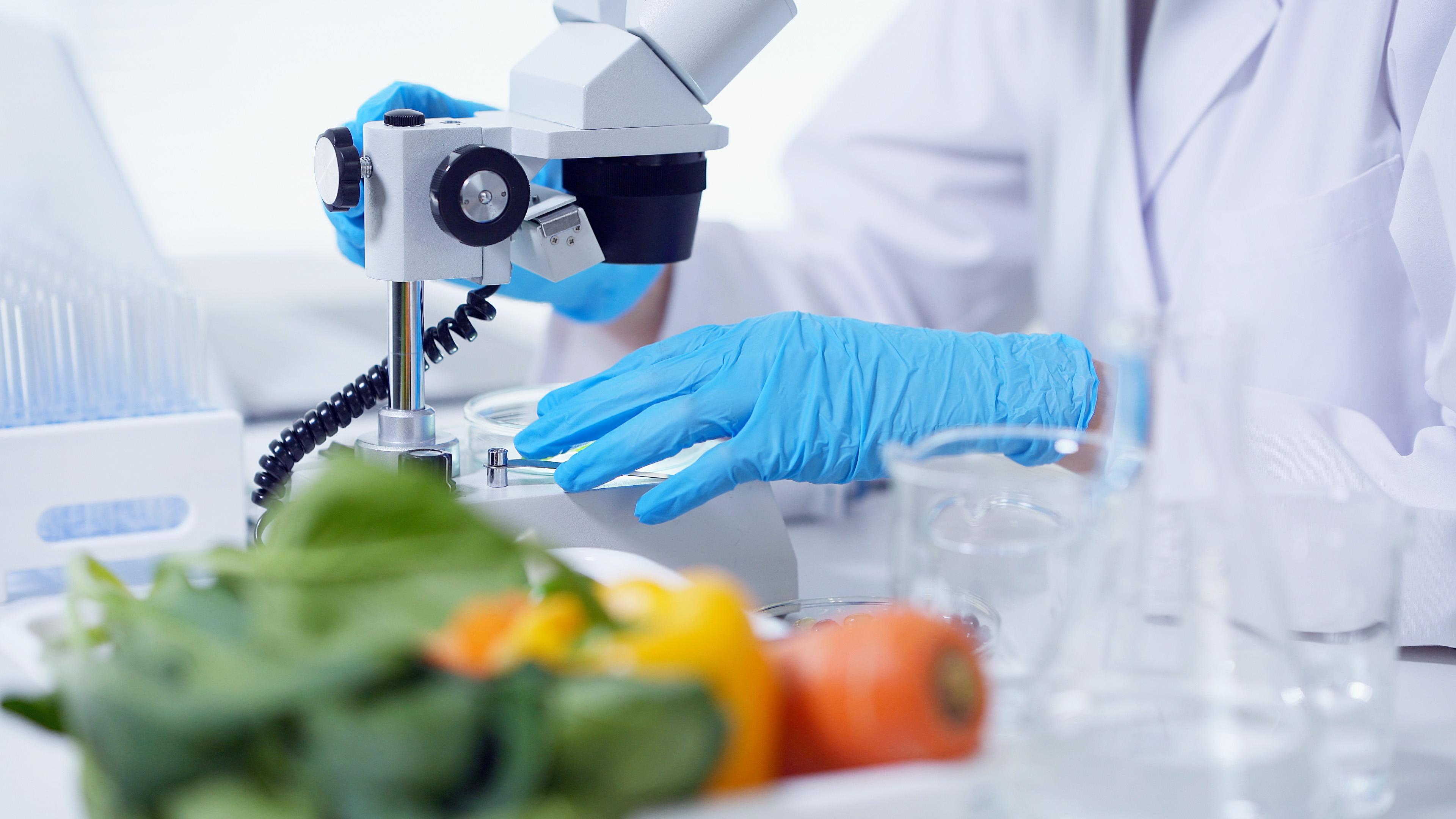
Proactive food safety control for the food industry
Why this project?
Belgian food is known for its quality and reliability, including where food safety is concerned. However, food safety is an issue that continuously needs upgrading. By prioritising proactivity and prevention in food safety through thorough validation of production equipment and by embedding food safety culture in the entire organisation’s ethos and, consequently, in employee thinking, the Belgian food industry is bound to retake the lead vis-à-vis the (foreign) competition.
Methodology and results
Q-DNA was a three-year collective research, development, and dissemination project (COOCK type) that aims to seriously boost food companies’ food safety levels by focusing on two complementary pillars – technology and labour organisation.
To this end, the project developed state-of-the-art tools and methods for food companies to implement, including:
Pillar 1: process validation methods that guarantee that enough food safety hazards are reduced by the actual production process and the production equipment used; the company will also produce safe, high-quality food (process validation).
- Specifically, a collection of safe surrogate strains was developed for validation of microbial inactivation by industrial production processes.
- A new protocol for challenge testing with surrogate strains was developed and industrially applied in three generic case studies (pasteurisation, hot filling process, and biscuit baking).
Pillar 2: management tools that awaken a positive food safety culture at every level and in every department of the company.
- A roadmap was prepared and completed at four test companies with the aim of achieving a more mature food safety culture.
- For this purpose, an assessment protocol was developed in which a total of six diagnostic measurement protocols were bundled into a ‘mixed-method assessment’. This assessment allows companies to measure and evaluate the maturity of their food safety culture.
- Then the working points can be uncovered through a gap analysis method.
- By implementing an intervention from the intervention toolbox, a company can improve its food safety culture.
This is what the companies thought of it:
Access to the project results
The project ran from 1 April 2021 to 31 March 2024.
The new methodology to validate industrial heat processes using surrogate strains was incorporated into the services provided by Ghent University. Find out how it works in this video!
Regarding the ‘food safety culture’ section, two online tools are available:
- Food Safety Climate benchmarking tool: Food Safety Climate Benchmarking Tool – Flanders’ FOOD (flandersfood.com)
- Food Safety Culture improvement tool: Food Safety Culture Improvement Tool – Flanders’ FOOD (flandersfood.com)
- In addition, a sectoral service with open and closed training was developed in collaboration with Alimento.
Moreover, the results can be commercially marketed after getting a licence from Ghent University.
Target group
The results of this project target all Flemish food companies. The tools developed by the project, including the surrogate strains available, will enable companies to fully capitalise on the human factor at the organisational level and guarantee product quality, hygiene and food safety.
Project partners
Flanders’ FOOD managed and coordinated the project. Ghent University (under the supervision of Dr Frank Devlieghere, Dr Liesbeth Jaxcsens, and Dr Peter Vlerick) was responsible for the implementation, supported by Fevia and Alimento.
To that end, the team expanded the knowledge recently gained from two Ghent University dissertations; one deals with a new type of process validation, while the other addresses the creation of a food safety culture.
Contacts
- For general questions about the project, please contact Ines Colle of Flanders’ FOOD. Ines.colle@flandersfood.com
- For process validation services, please contact Frank Devlieghere of Ghent University. Frank.Devlieghere@UGent.be
- If you are interested in becoming a licensed partner in food safety culture, please contact Liesbeth Jacxsens of Ghent University. Liesbeth.Jacxsens@UGent.be

Aan tafel met Prof. Frank Devlieghere
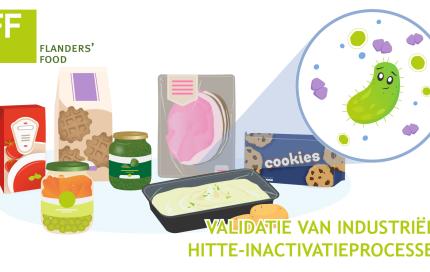
Validatie van industriële hitte-inactivatieprocessen: nu met behulp van surrogaatstammen

Aan tafel met Prof. Liesbeth Jacxsens - “We willen voedselveiligheidscultuur inbedden in het DNA van het bedrijf”

Hoe zelf voedselveiligheidsklimaat meten in je voedingsbedrijf?
